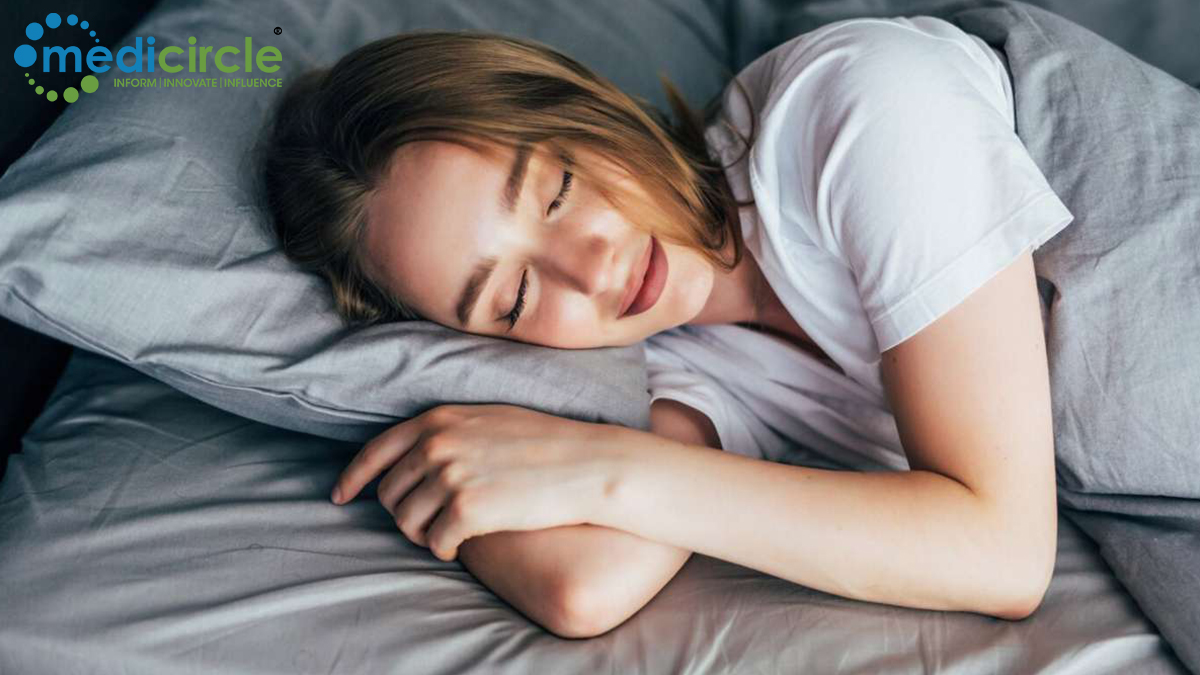A recent study has found that better sleep is associated with lower levels of loneliness, especially among younger individuals. This discovery highlights the crucial role of sleep in maintaining emotional and social well-being. Improved sleep quality was shown to reduce both social and emotional loneliness, making it an essential factor in combating the growing public health crisis of loneliness.
The Importance of Sleep in Combating Loneliness: According to the study, improved sleep health was linked to lower total and emotional loneliness across all age groups. Interestingly, age did not seem to influence the relationship between sleep health and social loneliness. This suggests that while good sleep can alleviate loneliness for everyone, its impact on social loneliness remains consistent regardless of age.
“Loneliness is an urgent public health crisis, and there is a pressing need for providers to better understand and treat it,” said Joseph Dzierzewski, Ph.D., the lead author and principal investigator of the study and vice president of research at the National Sleep Foundation in Washington, D.C. He pointed out the need for further research to understand why younger adults seem to benefit more from good sleep in addressing loneliness compared to older adults.
The Role of Sleep in Health: The American Academy of Sleep Medicine (AASM) emphasizes that sleep is essential for overall health. The AASM and the Sleep Research Society recommend that adults get at least seven hours of sleep per night to promote optimal health, productivity, and daytime alertness. This guideline highlights the importance of good sleep hygiene in maintaining both physical and mental well-being.
Study Methodology: The study involved 2,297 adults with a mean age of 44 years, with 51 percent of participants being male. Participants completed an online sleep health questionnaire and a loneliness scale. The researchers analyzed the results using correlation and linear regression analyses, along with moderation analyses to understand the relationship between sleep and loneliness.
In 2023, the US Surgeon General issued an advisory warning about a public health crisis of loneliness, isolation, and lack of connection. The advisory highlighted that even before the onset of the COVID-19 pandemic, approximately half of US adults reported experiencing measurable levels of loneliness. This statistic showcases the relevance of the study’s findings in addressing a widespread issue.
Implications for Public Health: The findings of this study are significant for public health as they provide a potential pathway for addressing loneliness through improved sleep. Given that loneliness has been linked to numerous health problems, including mental health issues, cardiovascular disease, and even mortality, finding effective interventions is crucial.
Improving sleep quality could be a relatively simple yet powerful tool in reducing loneliness. Public health initiatives could focus on educating people about the importance of sleep and providing resources to help improve sleep hygiene. This could include promoting regular sleep schedules, creating a conducive sleep environment, and addressing sleep disorders.
Why Younger Adults Benefit More: One of the intriguing aspects of the study is the finding that younger adults seem to benefit more from better sleep in addressing loneliness than older adults. The reason for this difference is not yet clear and warrants further investigation. It could be related to the different social dynamics and life stages between younger and older adults. Younger adults might have more active social lives and thus might feel the impact of loneliness more acutely. Alternatively, older adults might have developed more resilience or coping mechanisms over time.
Practical Tips for Better Sleep: To harness the benefits of better sleep in reducing loneliness, here are some practical tips that can help improve sleep quality:
1. Maintain a Regular Sleep Schedule: Go to bed and wake up at the same time every day, even on weekends.
2. Create a Restful Environment: Ensure your bedroom is quiet, dark, and at a comfortable temperature.
3. Limit Exposure to Screens: Avoid screens from phones, tablets, and computers at least an hour before bedtime, as the blue light can interfere with sleep.
4. Be Mindful of Food and Drink: Avoid large meals, caffeine, and alcohol before bedtime.
5. Stay Active: Regular physical activity can promote better sleep, but try to avoid vigorous exercise close to bedtime.
6. Manage Stress: Techniques such as meditation, deep breathing, and yoga can help calm the mind and prepare for sleep.
The connection between better sleep and reduced loneliness is a promising area for improving public health. By understanding and promoting the importance of good sleep, we can take significant steps toward reducing the epidemic of loneliness that affects so many individuals. This study serves as a reminder of how intertwined our physical and mental health are and how small changes in our daily habits, such as improving sleep hygiene, can have profound effects on our overall well-being.
As researchers continue to explore this connection, it is essential for individuals and healthcare providers alike to prioritize sleep as a key component of mental health strategies. By doing so, we can work towards a healthier, more connected society where loneliness is less prevalent and well-being is enhanced.
This article is based on the findings of a study published by the National Sleep Foundation and additional insights from the American Academy of Sleep Medicine (AASM).

 This study serves as a reminder of how intertwined our physical and mental health are and how small changes in our daily habits, such as improving sleep hygiene, can have profound effects on our overall well-being.
This study serves as a reminder of how intertwined our physical and mental health are and how small changes in our daily habits, such as improving sleep hygiene, can have profound effects on our overall well-being.






.jpeg)
.jpeg)





.jpeg)






.jpeg)




.jpeg)








